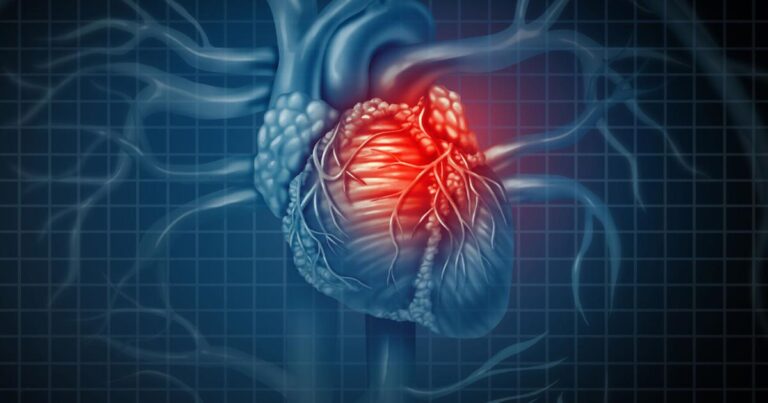As we age, many people begin to experience pain throughout their body. Although many symptoms can be attributed to the natural aging process, it is important to pay special attention to the cardiovascular system.
“Heart Month is the perfect time to remind people that not all symptoms are created equal when it comes to cardiovascular health,” says Vinayak Nagaraja, MBBS, interventional cardiologist at Mayo Clinic Health System. says Mr. “If you are concerned about the symptoms you are experiencing, we recommend talking to your doctor to determine if you need a referral to a cardiologist.”
So what are the warning signs for an underlying problem? Symptoms that may suggest a referral to a cardiologist include:
• Chest discomfort.
•shortness of breath.
• Swelling of the legs.
•High blood pressure.
•An abnormally fast or slow heart rate.
• Dizziness or fainting.
•Strong family history of early heart disease or cardiac death.
●Leg pain and ulcers due to vascular disease.
Your cardiologist will evaluate your symptoms, review your medical history, and may recommend diagnostic tests to properly diagnose the cause of your symptoms. A cardiologist can also help your medical team evaluate the best treatment for you.
An individualized treatment plan includes:
• Advice on dietary and exercise changes: Eating a low-fat, low-sodium diet, getting at least 30 minutes of moderate exercise most days, not smoking, and limiting alcohol intake can lower your risk of heart disease. can. Dr. Nagaraja recommends eating a Mediterranean diet and avoiding red meat and processed foods. He also recommends practicing yoga and meditation.
•Medications: If lifestyle changes are not enough, your cardiologist may prescribe medications to control your condition. The type of medication you receive depends on your heart condition and severity.
•Heart procedures: If medicines are not enough, your heart care team may recommend certain procedures or surgeries. The type of treatment or surgery depends on the type of heart condition and the extent of damage to the heart.
If your cardiologist determines that heart surgery is necessary, you may be referred to a cardiovascular surgeon who specializes in heart, lung, and blood vessel surgery. After you recover from surgery, you will be returned to your cardiologist for long-term monitoring and care.
“The thought of being diagnosed with a cardiovascular disease that requires surgical intervention can be daunting, but catching and treating the problem early can save lives,” Dr. Nagaraja says. says.
___
©2024 Mayo Clinic News Network. Visit newsnetwork.mayoclinic.org. Distributed by Tribune Content Agency, LLC.


